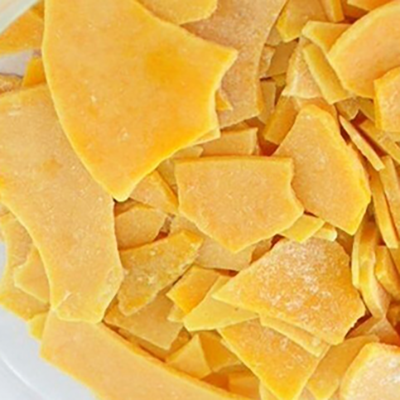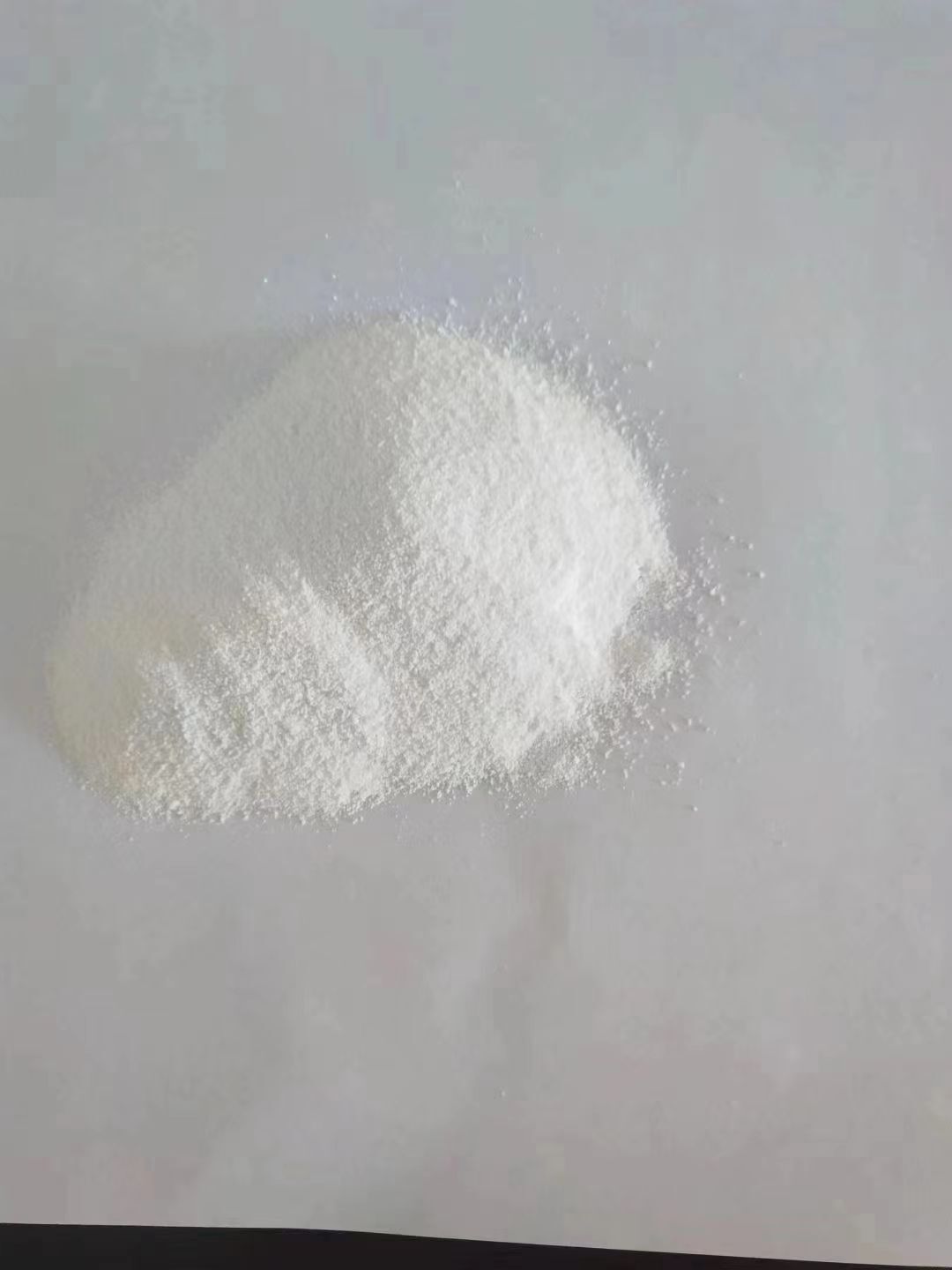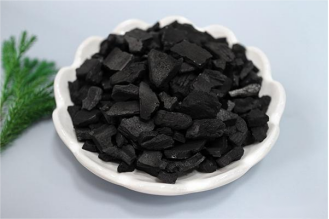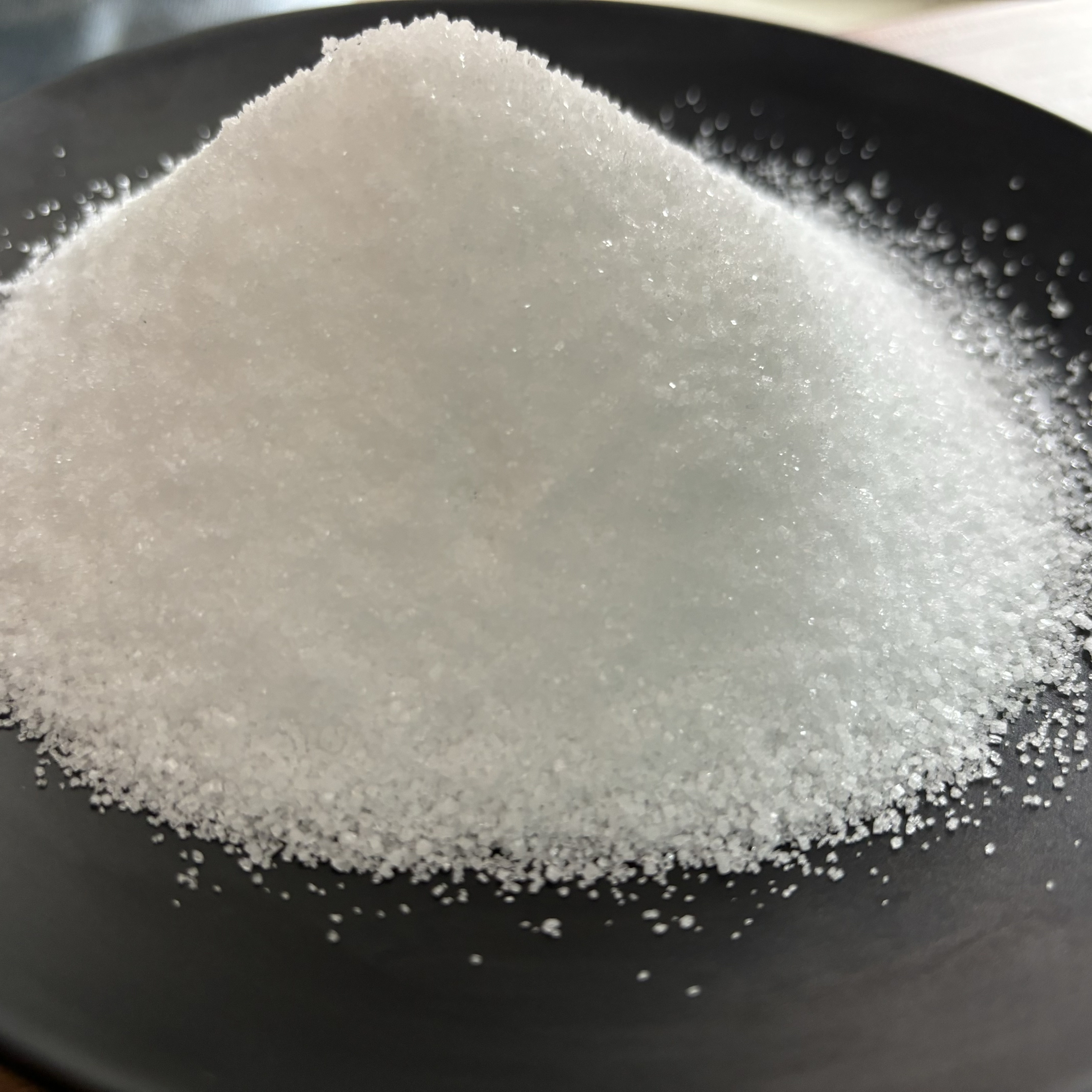
RELATED
 Sodium Hydrosulfide (NaSH)2024-06-03
Sodium Hydrosulfide (NaSH)2024-06-03 Is calcium chloride a precipitate? What are the uses of calcium chloride?2025-06-27
Is calcium chloride a precipitate? What are the uses of calcium chloride?2025-06-27 Analysis of several common hard carbon biomass precursors2025-06-19
Analysis of several common hard carbon biomass precursors2025-06-19 The Application of Thiourea in Gold Extraction from Gold Ore2025-06-13
The Application of Thiourea in Gold Extraction from Gold Ore2025-06-13 Wishing you peace and wellness on the Dragon Boat Festival.2025-05-30
Wishing you peace and wellness on the Dragon Boat Festival.2025-05-30
MESSAGE
What is Potassium Sorbate
Potassium sorbate, first found in the mountain ash tree, is a variant of sorbic acid, a polyunsaturated fat. As a potassium salt, potassium sorbate is used as a food preservative and can now be produced synthetically. Potassium sorbate is the potassium salt of sorbic acid with the chemical formula CH?CH= CH-CH = CH-CO 2K. It is a white salt and very soluble in water. It is mainly used as a food preservative. Potassium sorbate is effective in a variety of applications, including food, wine and personal care products. Although sorbic acid occurs naturally in certain berries, virtually all of the world's sources of potassium sorbate are synthesized from potassium sorbate.
Uses of potassium sorbate
Potassium sorbate is used as a preservative in many foods because its anti-microbial properties prevent the growth and spread of harmful bacteria and molds. It is used in cheese, baked goods, syrups and jams. It is also used as a preservative in dehydrated foods such as dried foods and dried fruits because it does not leave an aftertaste. Potassium sorbate is used to extend the shelf life of foods, which is why it is included in many dietary supplements. It is commonly used in wine production because it prevents yeast from continuing to ferment in the bottle.
Standards for Potassium Sorbate Levels:
The U.S. Food and Drug Administration and the Center for Public Science consider potassium sorbate to be generally recommended as safe. Potassium sorbate is defined as a food additive and preservative and is usually used only in very small amounts in food. According to APAC, exact amounts vary by manufacturer, but typical use percentages for cheese are the highest, between 0.2 and 0.3, while the minimum use percentages for wine range from 0.02 percent to 0.04 percent.
Hazards of potassium sorbate in humans
A 2010 study published in In Vitro Toxicology found that exposure of human blood cells to potassium sorbate caused DNA damage in the laboratory. But further research is still needed, including long-term studies in humans. In addition to possible DNA damage, potassium sorbate may cause allergic reactions when used externally, as it is sometimes used in skin lotions.
How to avoid potassium sorbate:
Since potassium sorbate is widely used as a preservative and antimicrobial agent, it's nearly impossible to avoid unless all of your food is made fresh at home. The Organics Institute recommends avoiding all processed or pre-packaged foods, and when you can't, choose foods that contain natural preservatives such as ascorbic acid, citric acid, vinegar, salt and sugar. Staying away from processed and cured or smoked meats will reduce potassium sorbate consumption. In many cases, potassium sorbate and other food preservatives can be avoided by choosing organic products.
Potassium sorbate: is it a harmful toxin?
Preservatives are necessary to extend the life of many foods. Without preservatives, we would not be able to consume canned fruits, vegetables, dairy products or many desserts because they would spoil and go rancid in a short period of time.
Similarly, molds and fungi in food can be dangerous to your health. Eating mold can make you sick and some molds produce their own toxins that can damage our health. It is important that we prevent the growth of mold in our food.
Potassium sorbate has long been considered a beneficial preservative because it is very effective in preventing mold growth. But is potassium sorbate safe?
Two recent studies suggest that potassium sorbate may be toxic and may have significant health effects on our bodies. One study found that potassium sorbate can damage white blood cells. Potassium sorbate was found to be genotoxic, which means that it may disrupt genetic information, cause mutations, and even lead to cancer.
Another study highlighted even more dangers of potassium sorbate. In this study, when potassium sorbate was combined with ascorbic acid, it caused DNA damaging activity. Ascorbic acid is often referred to as vitamin C and is common in many foods. Especially in canned fruits or fizzy drinks, it is likely that you will eat both potassium sorbate and ascorbic acid.
How to avoid potassium sorbate hazards:
Potassium sorbate has many impurities, but as long as you limit the number of preservatives you consume, you can potentially avoid these substitutions. Avoiding potassium sorbate is very difficult because there are so many foods. However, there are some simple changes you can make to your diet and lifestyle that can reduce the amount you eat and help prevent health problems.
Eat fresh foods: The easiest way to avoid potassium sorbate is to eat fresh foods rather than processed foods. Fruits and vegetables, as well as meat and fish, should be purchased fresh rather than canned or pre-cooked. In particular, processed meats such as salami and cold cuts should also be avoided.
Check your food: Another potassium sorbate precaution you can take is to check the ingredients in any processed or canned foods you buy. Some foods use natural preservatives such as vinegar, salt and ascorbic acid. When you buy preserved foods, choose foods that use natural preservatives instead of potassium sorbate.
Aseptic filtration: For wine, aseptic filtration can help reduce potassium sorbate. If overconsumption of potassium sorbate is a problem, you may want to reduce the amount of wine you drink.
Please give us a message





